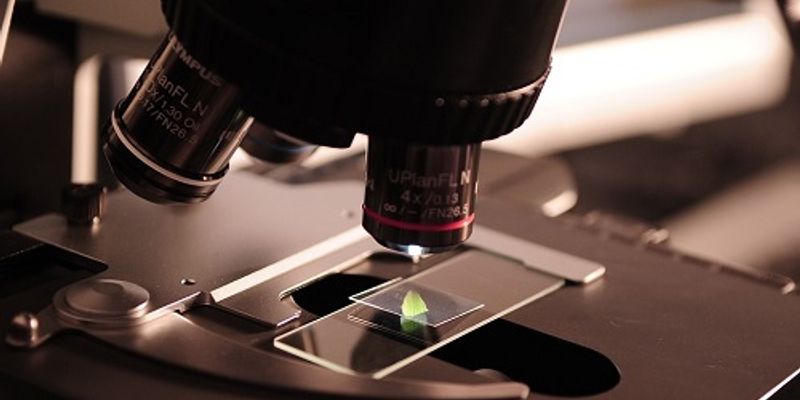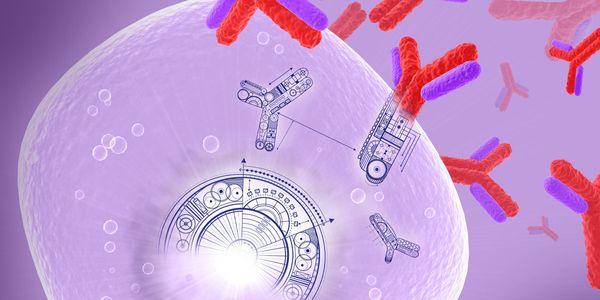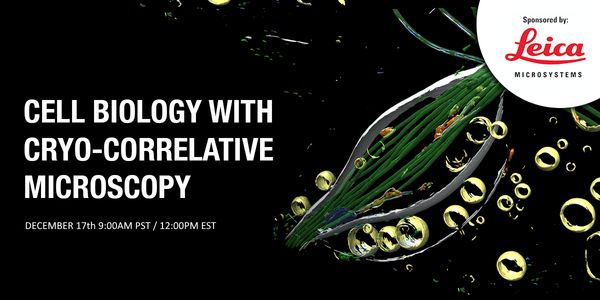Cell Line Development
Cell Line Development: Stable cell lines are widely used in a number of important applications including biologics (e.g. recombinant protein and monoclonal antibody) production, drug screening, and gene functional studies. The process of developing stable cell lines often starts with transfecting selected host cells, typically CHO or HEK 293 cells, with desired plasmids. After transfection, researchers then screen and quantify high-expressing clones. Once these high producers are identified, the cell lines and/or the proteins produced by the cells are validated. The manual screening methods traditionally used for cell line development are time-consuming and labor-intensive, creating a great demand for high-throughput, automated solutions for such efforts.
-
JUL 28, 2021 | 8:00 AMDate: July 28, 2021 Time: 8:00am PDT Breast cancer is the most common form of cancer in women. It is estimated that 1 out of 8 women in the US will develop invasive breast cancer during her...JUL 27, 2021 | 8:00 AMDate: July 27, 2021 Time: 8:00am (PDT), 11:00am (EDT) The Origin of Biopharmaceutics (Biopharma) derive from The Division of Clinical Research in the U.S. Bureau of Medicine. However, author...JUL 13, 2021 | 11:00 AMDate: July 13, 2021 Time: 11:00am (PDT), 1:00pm (EDT) 1 R&D, Cell Culture & Fermentation Sciences, Bio Pharmaceutical Development, AstraZeneca, Gaithersburg, USA, 2 R&D, ADPE, Ce...JUN 24, 2021 | 10:00 AMDate: June 24, 2021 Time: 10:00am PDT The Chan Zuckerberg Initiative (CZI) was founded to help solve some of society’s toughest challenges— from eradicating disease and improving...JUN 15, 2021 | 10:00 AMDate: June 15, 2021 Time: 10:00am (PDT), 1:00pm (EDT) SPRm (Surface Plasmon Resonance Microscopy) is a novel technology that enables label-free and real-time binding affinity and kinetics of...JUN 09, 2021 | 7:00 AMDate: June 9, 2021 Time: 09 June 2021, 7am PDT, 10am EDT, 4pm CEST cells with dramatic implications on the validity of past cell culture related research. The fact that at least 509 cell lin...JUN 08, 2021 | 9:00 AMDate: June 8, 2021 Time: 9:00am PDT Reducing the spread of highly infectious and deadly diseases within the population, vaccine development is crucial in saving millions of lives each year....Speaker: Laura Chapman , Ketil Pedersen, Ph.D , Alexander "Sasha" Vlassov , Matt MckennaSponsored By: Thermo Fisher ScientificJUN 03, 2021 | 8:00 AMDate: June 3, 2021 Time: 8:00am (PDT), 11:00am (EDT), 5:00pm (CEST) Molecular combing provides unbiased quantification and characterization of DNA structure and dynamics by imaging single DN...JUN 03, 2021 | 12:00 PMDATE: June 3, 2021 TIME: 12:00pm SGT This webinar is a virtual event that focuses on utilizing the Gibco CTS Rotea System for Cell and Gene Therapy...Speaker: Premkumar Jayaraman, PhD , Emily Benz , Eric DubofskySponsored By: Thermo Fisher ScientificDespite the promising results with current approved immunotherapies, all patients do not have the same level of response, and recent efforts have focused on understanding and avoiding immuno...
























